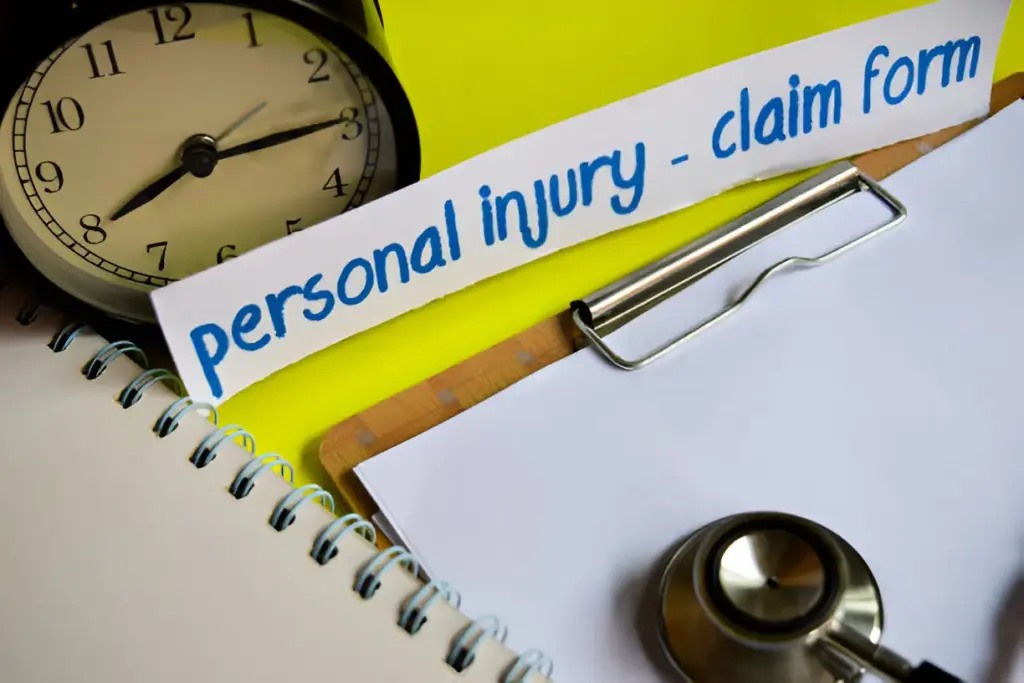Key Takeaways:
- Personal injuries can have lasting physical, emotional, and financial effects.
- Proper medical and legal support is critical for recovery.
Financial Burden and Legal Considerations
The monetary consequences of personal injuries can feel like too much to handle. The expenses of medical treatment, rehabilitation, and decreased earnings can accumulate rapidly, causing significant stress for both the victim and their family. Multiple surgeries, prolonged hospital stays, and ongoing treatment can deplete savings and lead to substantial debt. Navigating the legal landscape to pursue compensation becomes essential for many victims in Texas to alleviate financial hardship. Having a good grasp of how to file a personal injury claim and selecting the proper legal representation from a personal injury law firm in Texas can significantly impact the result of a case. Legal experts in the State can assist in collecting evidence, bargaining with insurance firms, and fighting for appropriate reimbursement.
Physical Impact of Personal Injuries
Personal injuries can vary widely in severity and type, but their physical effects can often be long-lasting. For instance, injuries such as traumatic brain injuries (TBIs) can result in permanent disability or chronic pain. Immediate and ongoing medical care is essential for managing these conditions and improving quality of life. For example, someone with a spinal injury may find themselves reliant on physiotherapy and possibly need assistive devices like wheelchairs or braces. Proper and continuous medical support can help minimize the long-term physical limitations caused by such injuries.
Emotional and Psychological Impact
Beyond the physical, personal injuries often inflict significant emotional and psychological trauma. Victims may experience anxiety, depression, or PTSD, which can affect their daily life and relationships. An individual who experiences a severe car accident could potentially develop a fear of driving or riding in vehicles, which could affect their capacity to engage in work or social activities. Research indicates that the emotional impact can be as severe as the actual physical harm caused. Mental health professionals and strong community and family support are essential for emotional recovery. Therapy and support groups offer victims vital resources and insight to handle their experiences and progress.
Case Study: The Ripple Effects of Severe Injuries
Consider the case of Jane Doe, who suffered severe injuries in a car accident. Her experience underscores the comprehensive impact of personal injuries. Jane endured numerous surgeries and extensive physical therapy, which were not only painful but also time-consuming. Financially, the mounting medical costs and lost wages created significant stress for her family, who found it challenging to make ends meet. Emotionally, Jane faced a long road to recovery, battling depression and anxiety as a result of her injuries. Her narrative underscores the significance of having a solid support system and the necessity for comprehensive care, which encompasses medical, financial, and emotional assistance, to recover from serious personal injuries fully.
Preventative Measures and Safety Tips
Preventing personal injuries requires a proactive approach to safety. Simple actions like wearing seat belts, using proper safety gear, and staying aware of surroundings can substantially reduce the risk of injuries. Ensuring that living spaces are free of hazards, being mindful of pedestrian crossings, and adhering to traffic signals in public spaces can also significantly reduce accidents. Employers should also ensure that workplaces adhere to safety regulations to protect employees. Following proper safety guidelines minimizes workplace accidents. Regular safety training and maintaining equipment can prevent many workplace injuries.
Helpful Resources for Injury Recovery
Numerous resources are available to help with injury recovery. Support groups, online forums, and professional organizations provide valuable information and community support. For instance, local support groups can offer a sense of camaraderie and shared experience, which is crucial for emotional healing. Access to reliable medical information and legal advice is also essential. Websites offer extensive resources on injury prevention and recovery strategies. They provide comprehensive guides on managing specific types of injuries, tips for preventing further harm, and contact information for local support services.
